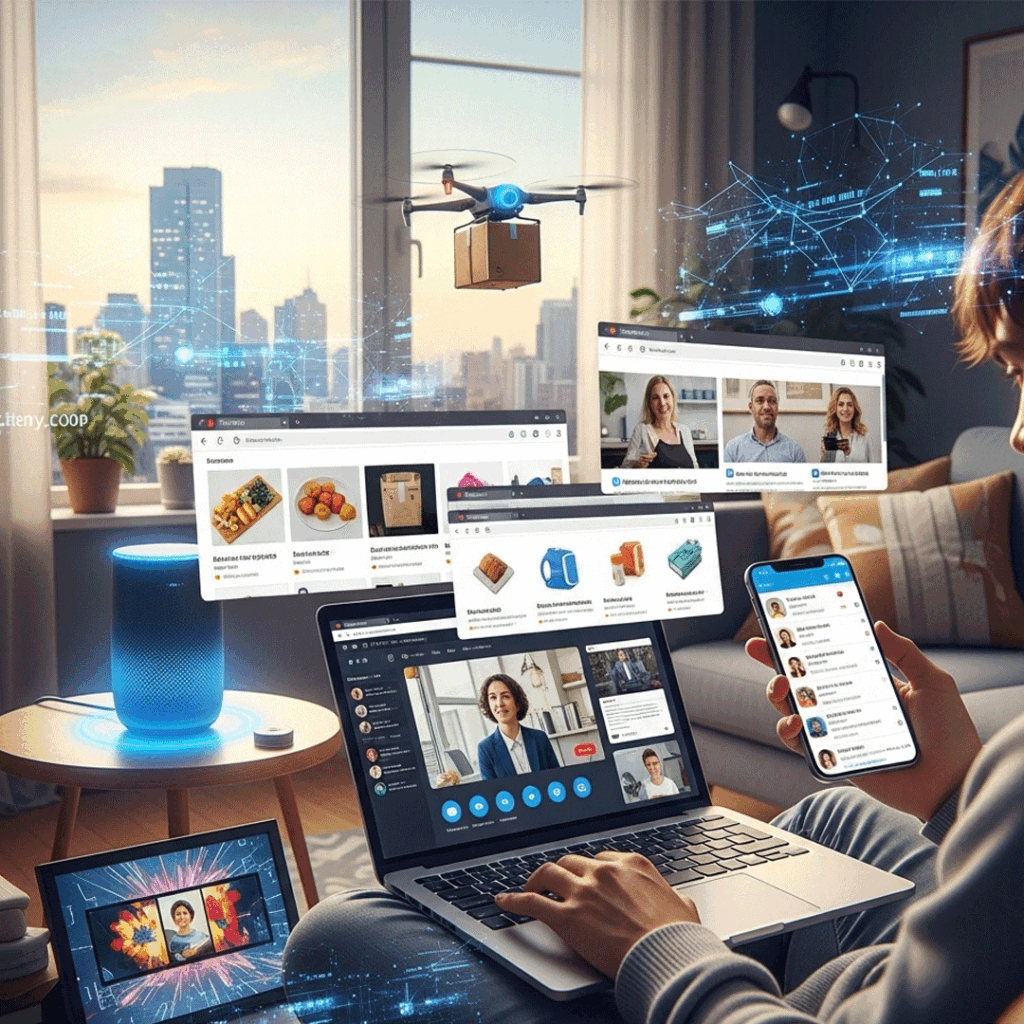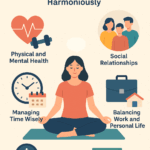Pixie Forever – The rapid development of the times has brought significant changes to the way people live their daily lives. Modern lifestyle can no longer be separated from the presence of ever-evolving digital technology. From working, shopping, to socializing, everything can now be done quickly, easily, and efficiently with the help of smart devices and internet connections. This phenomenon not only changes individual habits but also influences mindsets, culture, and even social relationships within society.
Digital Technology and Life Transformation
Digital technology has transformed almost every aspect of life. In the workplace, for instance, many companies now rely on remote working systems. Employees no longer need to be physically in the office to complete their tasks. Video conferencing apps, collaboration software, and cloud-based storage have made it easier for teams to coordinate across different regions.
This change brings significant benefits, such as flexible working hours, reduced transportation costs, and the opportunity to collaborate with colleagues from various parts of the world. On the other hand, challenges also arise, such as difficulty separating work and personal time, increased risk of data security breaches, and reduced face-to-face social interaction.

Impact of Technology on Consumption Patterns
Digital technology also affects the way people shop. The rise of e-commerce platforms allows consumers to purchase various products without leaving home. Payment processes are now easier with digital wallets and instant transfers, while delivery services ensure items arrive right at the doorstep in a short time.
This habit has created a new consumption culture. Consumers now value convenience, speed, and accessibility over in-store shopping experiences. Nevertheless, traditional retail still plays an important role, especially for those who prioritize the physical experience of choosing products.
read more : “Middle East Conflict: Israeli attacks cause casualties and crisis“
Changes in Social Lifestyles
In social interactions, social media has become one of the central activities. Many people now build relationships, share moments, or even work through platforms like Instagram, TikTok, and LinkedIn. This phenomenon makes the boundary between private and public life increasingly blurred.
Moreover, social media influences the way people view trends and lifestyles. Information about healthy food, the latest fashion, and productivity tips spreads rapidly, creating waves of trends that can change within weeks.
The Role of Technology in Education
The education sector has also been significantly impacted by digital technology. Schools and universities now use learning management systems (LMS) to manage lessons, assignments, and exams online. Learning processes have become more flexible, allowing students to access materials anytime and anywhere.
Technology has also supported new learning methods such as blended learning, combining face-to-face classes with online lessons. This method has been proven to increase student engagement and allow them to learn at their own pace.
Modern Lifestyle: Between Opportunities and Challenges
While providing convenience, modern lifestyle also brings its own challenges. Gadget addiction, information overload, and declining physical health due to lack of activity are becoming increasingly discussed issues.
Health experts often emphasize the importance of balancing technology use with real-world physical activities. For example, setting aside time for a digital detox, reducing social media consumption, and maintaining a regular exercise routine.
Technology and Mental Health
In addition to physical health, mental health is also a concern. Social media content can sometimes trigger anxiety or insecurity, especially when people compare their lives to what they see online. This is why digital mindfulness is becoming increasingly important.
Digital mindfulness encourages individuals to be more selective in consuming information, understand their device usage limits, and focus on meaningful interactions. Support from family, friends, and communities also plays an important role in maintaining mental well-being amidst the flood of digital information.
Impact on the Business World
For businesses, digital technology opens much wider market opportunities. Companies can reach consumers in different regions without having to open physical branches. Marketing strategies have evolved to focus on digital content, algorithm-based advertising, and direct engagement via social media.
However, competition is also becoming more intense. Businesses must continue innovating, understanding market trends, and using technology to deliver unique value propositions. Adaptation is the key to staying relevant in the midst of rapid change.



